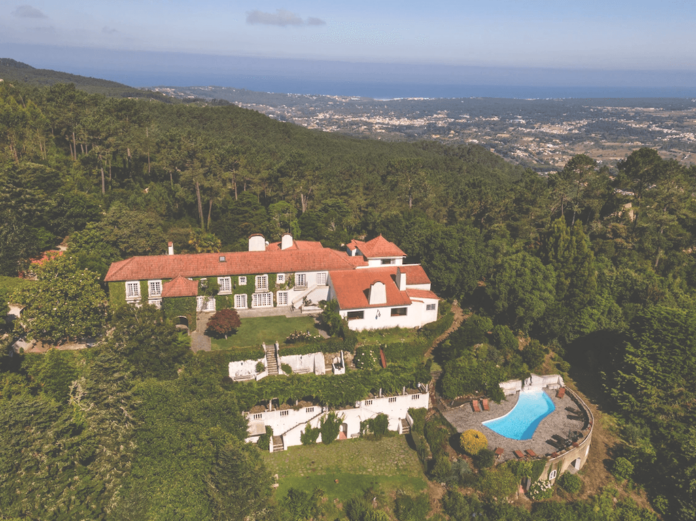
In the quest for physical and emotional healing, people are turning to psychedelic retreat centers in droves. Iboga, which is largely regarded as the most intense psychedelic experience, is seeing an uptick in popularity for issues including addiction, depression, and PTSD. The team at Portugal’s Root Healing Center say there’s a clear reason why: it works.
In 1864, French botanist and physician Henri Baillon became the first known explorer to bring samples of an obscure African plant to Paris. The evergreen rainforest shrub iboga (Tabernanthe iboga) has long been hailed for its benefits by the Bwiti tribe in Gabon where Baillon visited.
The discovery Baillon made was significant. By 1901, researchers had extracted Ibogaine – the isolated crystalline salt derived from the shrub that’s still widely used today to treat addiction to opioids and alcohol, among other substances.
By 1939, Ibogaine was sold in France under the name Lambarène, marketed as a remedy for fatigue and depression as well as recovery from infectious diseases.
Nearly 30 years later, and nearly a century after Baillon first brought iboga to Paris, Howard Lotsof, a 19-year-old New Yorker with a heroin habit, said his use of Ibogaine helped him shake his addiction.
Iboga or Ibogaine?
Iboga and Ibogaine have since become part of the growing alternative treatment industry as people seek out more natural ways of dealing with addiction, depression, trauma, and other mental health and emotional issues.
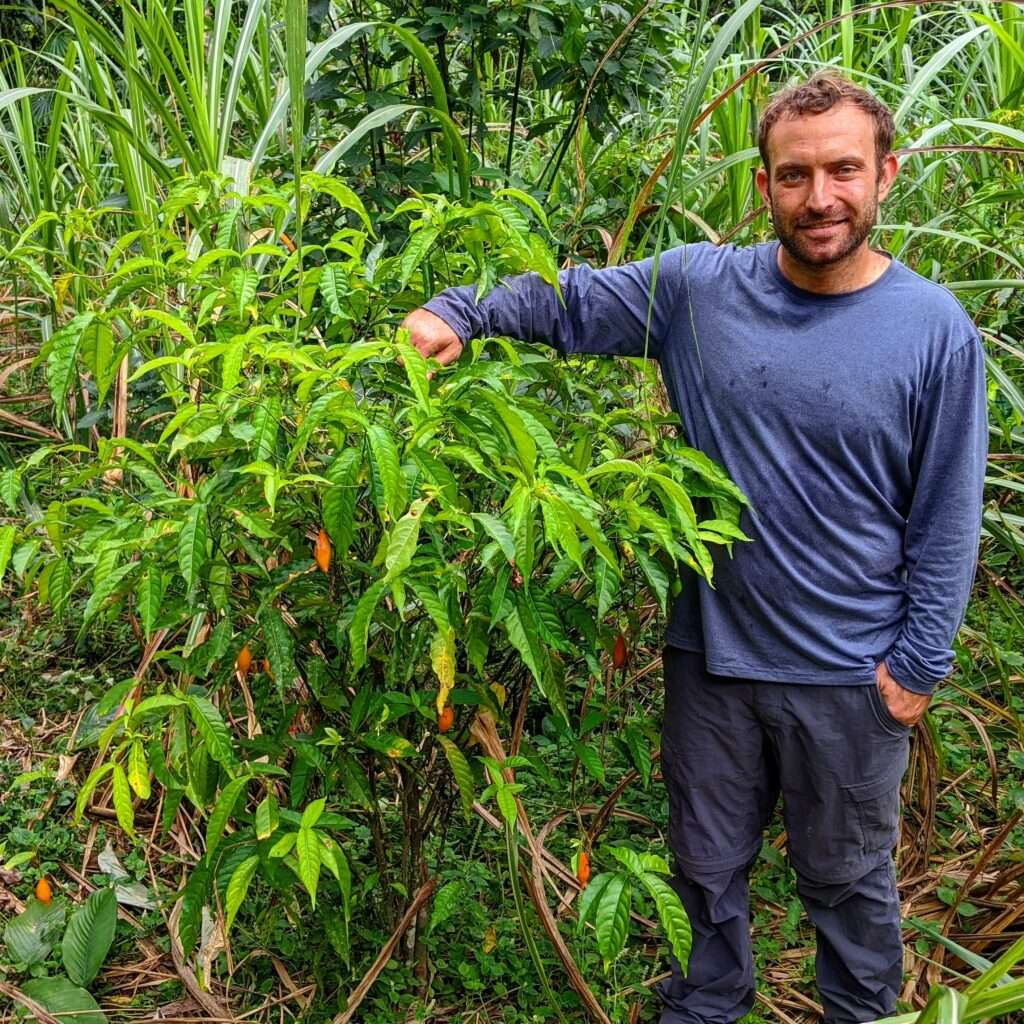
And while Ibogaine’s efficacy is proven in interrupting addictive behaviors, isolated components are divorced from the whole plant entourage effect, something natural healers say is critical to the experience. The founders of the Root Healing Center in Sintra, Portugal, say this makes all the difference. Their center is focused on traditional Bwiti-style ceremonial iboga.
Root Healing co-founder Ryan Rich went to Gabon several years ago for his own personal healing and connected with a local shaman and tribe. “Everything kind of fell into place,” Rich told Ethos over a Zoom call. “I stayed for two months and I’ve been back many times since,” he says.
Rich then connected with Stephen Callahan while in Mexico where he was working as a provider of iboga. They connected over the medicine and the idea of bringing a retreat together to help others experience the same healing in a more professional, safe, and traditional container.
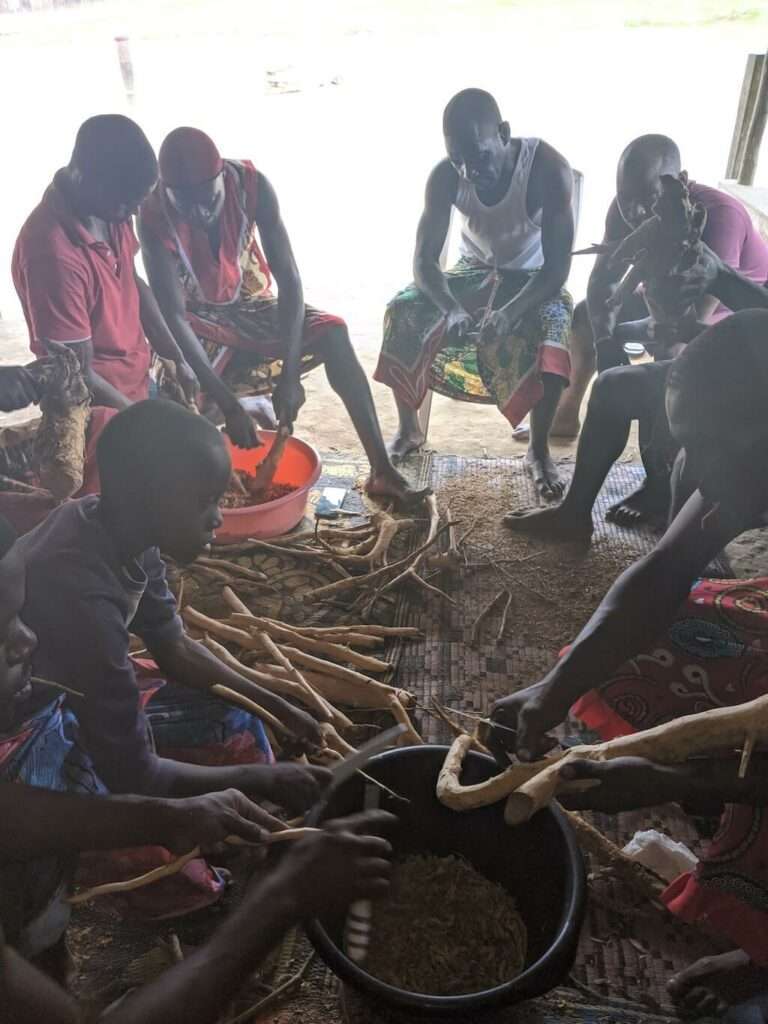
There are a number of Ibogaine clinics around the world, but Rich and Callahan felt it was critical to focus on iboga in its natural form. While Ibogaine is one isolated alkaloid, Rich says there are other alkaloids in the plant that are starting to see some research showing they’re equally as effective and important to iboga’s benefits.
“The difference,” Rich says, “is the spirit of the medicine.” He says when iboga is distilled into Ibogaine, the spirit of the plant is gone. Rich says in ceremonies this is highly observable. That doesn’t mean Ibogaine isn’t a good treatment option for addiction interruption. But he says more and more, people are seeking out iboga for other types of healing. And that holistic experience is crucial.
Ceremonial iboga
The retreat center models itself after traditional ceremonies, spacing them out over several days and including a rigorous intake process as well as integrations following the ceremonies. Root Healing also offers substance addiction detox programs tailored to the specific needs of each individual.
Rich says Root Healing is attracting a wide range of guests, including a large number of people who have never tried a psychedelic before. “For them to make the jump to iboga is really interesting,” he says.
Part of his surprise is because iboga ceremonies are known for being incredibly intense. Iboga is often referred to as the strongest psychedelic, but is in reality, a very lucid experience. The lucidity of the iboga experience is due to the fact that it is an oneiric, meaning it is dream inducing — it activates the part of the brain that’s stimulated when dreaming but keeps users wide awake.
Users can also experience ataxia, which means that they do not move as freely as normal. There are physical effects similar to those experienced with other psychedelics such as nausea, vomiting, dizziness, and dry mouth that typically resolve after the session has ended.
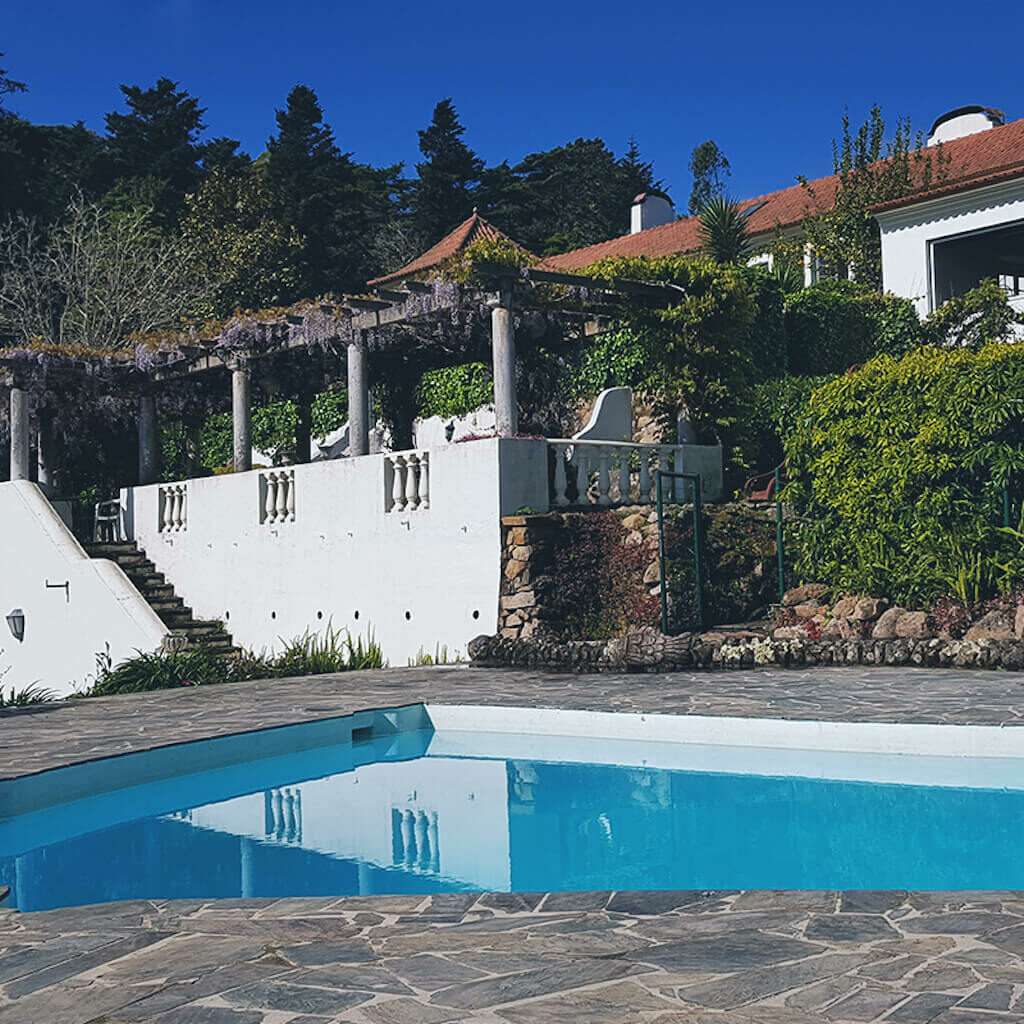
But unlike other psychoactive experiences, such as the popular South American brew ayahuasca or psilocybin mushrooms, where the user may experience hallucinations or distorted views of objects or people they’re with, iboga often brings visions of past experiences – often traumatic experiences. This is sometimes described as entering a visual landscape, like a waking dream, that can often include ancestral “visitors.”
“The experience is very real,” Rich says. Users often revisit deep trauma, but, he says, they can see it objectively. “Iboga shows you the truth — the true actual traumatic situation.” And once people see that, he says, “they’re set free.”
Integrating these experiences can take weeks or months, and the integration process plays a vital role in reaping the benefits of iboga. The eight-day stay at Root Healing is structured to maximize the time with guests for this multi-step process.
Rich says unlike other psychedelics like ayahuasca, where people will often revisit the medicine multiple times, his goal is to heal the trauma in one visit.
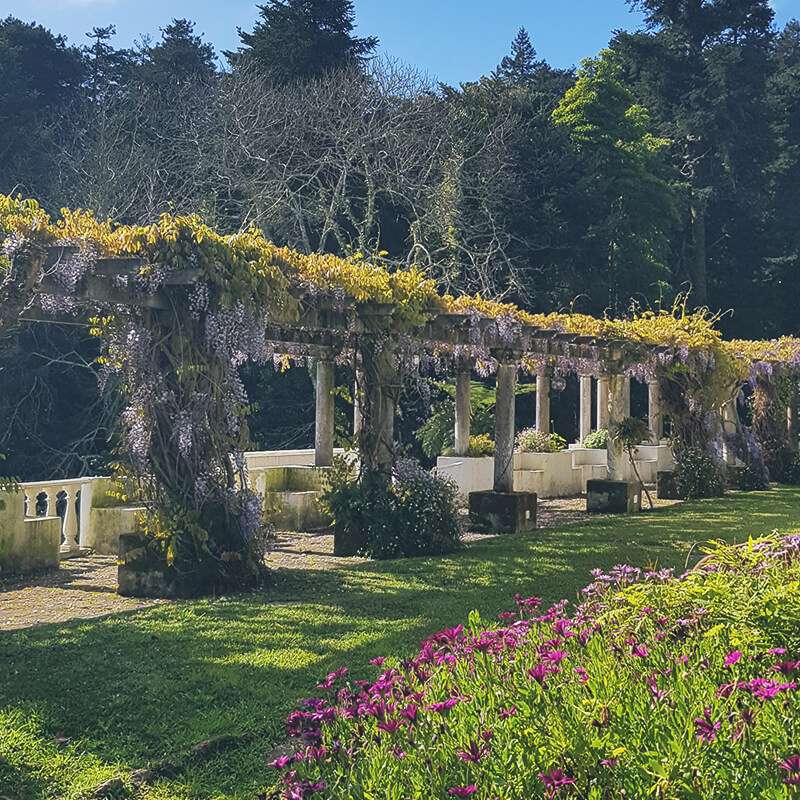
“That’s why we do two ceremonies, which is a lot of work for the guests and for us,” he says. Some guests do return for more sessions — and the serene retreat environment makes it easy to want to come back. Root Healing is set against a forest backdrop just minutes from the sea.
But Rich says the team has gotten better at seeing in advance what their guests need and even booking them for longer stays to help them come away after one visit feeling like they’ve completed a healing chapter and able to close the door on that painful experience.
The Root Healing Center
Set and setting play crucial roles in iboga ceremonies, and Rich says it’s why his team was immediately drawn to the property housing Root Healing’s ceremonies.

The sprawling grounds spread across 42 acres allow for long walks on the property on and off trails amid pine-covered hills and lush gardens. There’s a pool for cooling off, eight private rooms for comfortable lodging, and multiple spaces throughout the center for finding quiet room for reflection and relaxation, including a meditation room.
Food is sourced locally as much as possible with a focus on whole, fresh fruits and vegetables — a clean constitution plays a key part in reaping the benefits of the medicine.
“We wanted a space where everyone could feel as comfortable as possible,” says Rich. “And that’s exactly what we found in Sintra.”
To learn more, visit the Root Healing Center’s website.
Related on Ethos:

